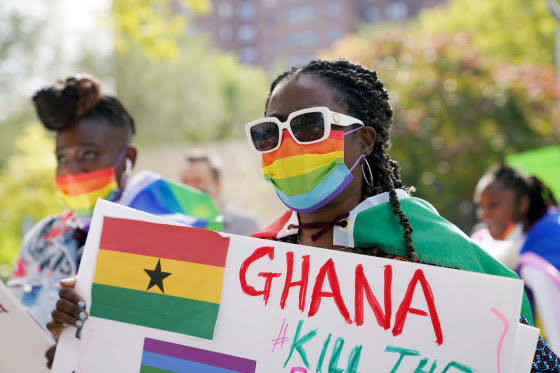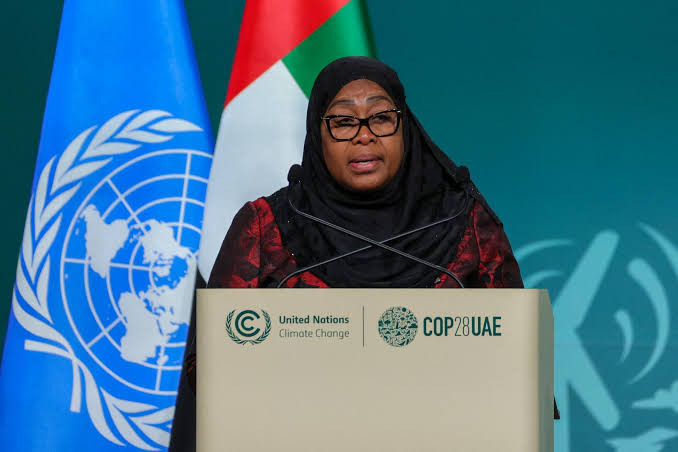
Faith Nyasuguta
Ghana’s Parliament has resubmitted the controversial anti-LGBTQ bill to President Nana Akufo-Addo for his signature. This move comes despite ongoing debates and a pending Supreme Court ruling on the bill’s constitutionality, raising concerns both domestically and internationally.
The anti-LGBTQ bill, formally known as the Human Sexual Rights and Family Values Bill, aims to impose strict penalties on individuals who identify as LGBTQ and those who support LGBTQ activities. The proposed legislation includes severe penalties, including imprisonment for people engaged in same-sex relationships and those who promote or support LGBTQ activities.
Alban Bagbin, the Speaker of Parliament, has been a vocal advocate for the bill’s resubmission. He has criticized both the president and the judiciary for delaying the bill’s progress, accusing them of violating their constitutional duties. Bagbin’s push for the bill’s advancement reflects the strong support it has among many lawmakers and segments of the Ghanaian population.

The Supreme Court of Ghana is currently reviewing the constitutionality of the bill. Legal challenges have been raised, arguing that the bill violates fundamental human rights guaranteed by the Ghanaian Constitution, such as equality before the law and freedom from discrimination. Despite the pending judicial review, Parliament has proceeded with resubmitting the bill to the president.
The resubmission of the bill has drawn widespread condemnation from international organizations and human rights groups. Amnesty International and the United Nations have strongly criticized the bill, calling it a violation of human rights and urging the Ghanaian government to reject it. The United States has also expressed deep concern, stating that the bill threatens the freedoms of speech and expression in Ghana.
Beyond the human rights concerns, the bill’s passage could have significant economic repercussions for Ghana. International financial institutions, including the World Bank, have warned that the bill could jeopardize billions of dollars in funding and investment. This potential economic fallout adds another layer of complexity to the already heated debate surrounding the bill.
President Nana Akufo-Addo has yet to make a public statement regarding the resubmission of the bill. However, his administration faces immense pressure from both supporters and opponents of the legislation. The president’s decision will be closely watched, as it will have far-reaching implications for Ghana’s legal, social, and economic landscape.

The Ghanaian public remains deeply divided over the bill. Supporters argue that it upholds traditional family values and protects societal norms, while opponents contend that it infringes on individual rights and promotes discrimination. The resubmission of the bill has reignited these debates, with protests and demonstrations expected in the coming days.
The resubmission of Ghana’s anti-LGBTQ bill to President Nana Akufo-Addo, despite a pending Supreme Court ruling, has intensified the controversy surrounding the legislation. As the president deliberates on whether to sign the bill into law, the nation and the world watch closely, aware of the profound implications this decision will have on human rights, economic stability, and Ghana’s international standing.
RELATED:



